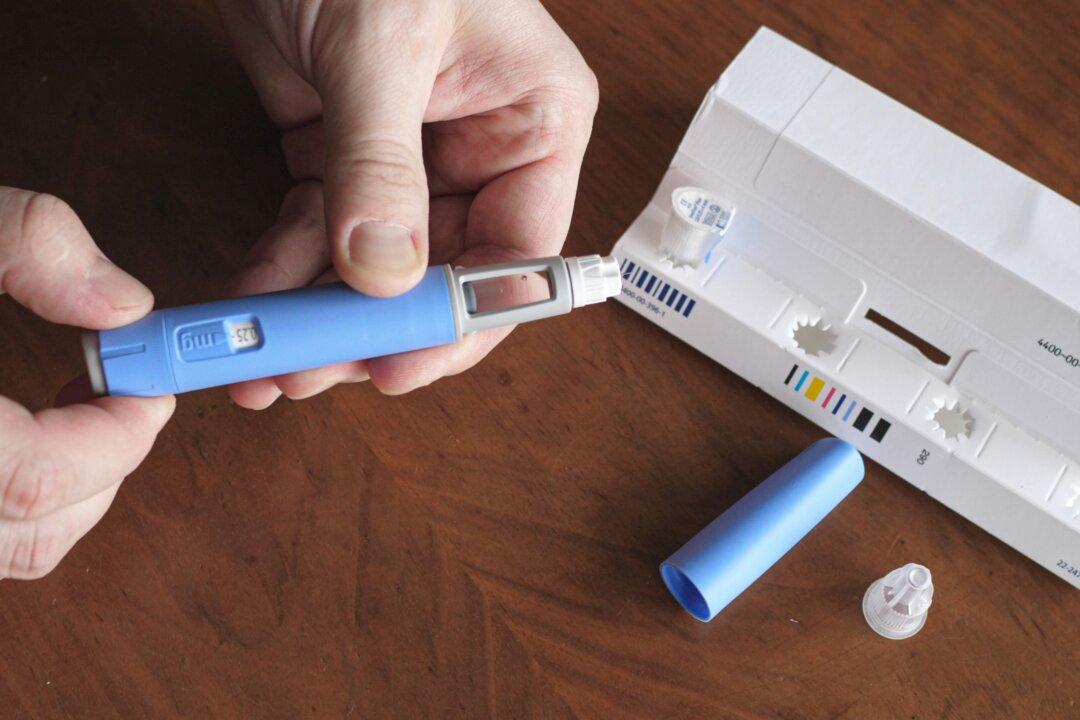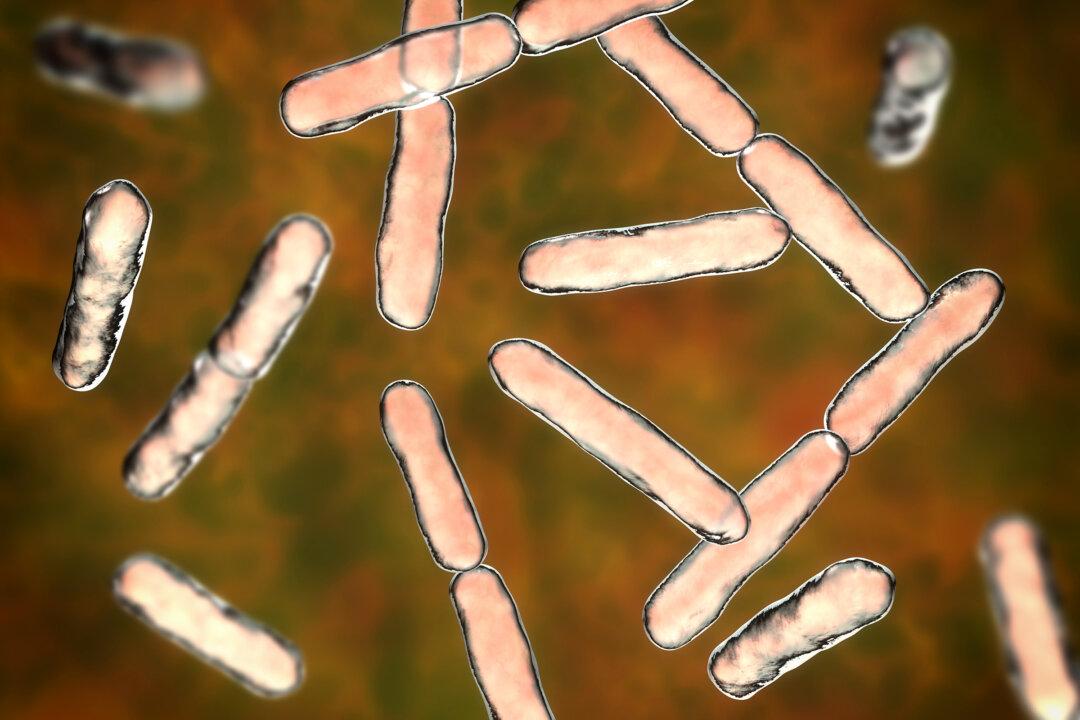As the Earth’s closest neighbor and only natural satellite, the moon has long captivated us. Its mysterious allure has inspired myths about its influence on human health for thousands of years. But is there any truth to them?
Lunar Links to Pain
The moon’s influence on pain is a subject of ongoing research and debate.One of the most well-known ways the moon may affect human health is its influence on oceanic tides. The moon’s strong gravitational pull causes the rise and fall of tidal waters—possibly affecting people living near coastal areas.
There has also been speculation that pain perception may be heightened during full moons. Theories propose that gravitational forces from the moon might affect fluid levels in the body, possibly influencing pain sensitivity, especially in conditions like arthritis or migraines.
Sleep Disruptions During Full Moons
Another area of research that has yielded interesting findings is sleep. One study in Current Biology found that people tend to sleep less soundly during full moons, and another found people may experience more vivid dreams or nightmares.During full moons, the Current Biology study observed a 30 percent reduction in electroencephalogram (EEG) delta activity, a marker of deep sleep, during periods of nonrapid eye movement sleep. The time it took participants to fall asleep increased by five minutes, and overall sleep duration decreased by 20 minutes.
“These changes were associated with a decrease in subjective sleep quality, as well as decreased melatonin levels,” Dr. Thomas Kilkenny, director of the Institute for Sleep Medicine at Northwell Staten Island University Hospital in New York, told The Epoch Times. The reasons behind these findings remain unexplained, he noted.
Some scientists speculate the moon may impact the production of melatonin, a hormone regulating sleep and circadian rhythms. One guess is that the moon’s increased light may be affecting circadian rhythms, or its gravitational pull exerting an influence, according to Dr. Kilkenny.
“And finally, another hypothesis gaining popularity is the moon’s ability to cause electromagnetic fluctuations on Earth,” he added.
The Lunar Connection to Mental Health
Some evidence suggests the moon may influence mental health, though findings are mixed.Balancing Curiosity With Caution
While intriguing, research on the moon’s effects on human health remains inconclusive. Many studies have been relatively small-scale, making it difficult to isolate the moon’s influence from other factors. As such, caution is warranted when interpreting the currently available findings.Nonetheless, the moon’s connection to health is a fascinating area of research, likely to be further explored.






